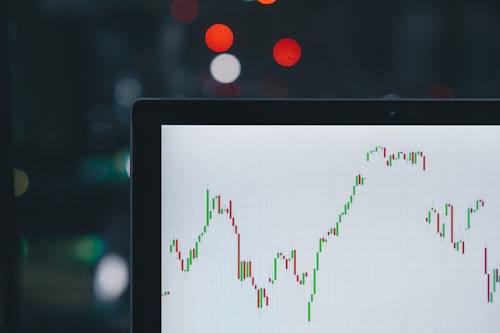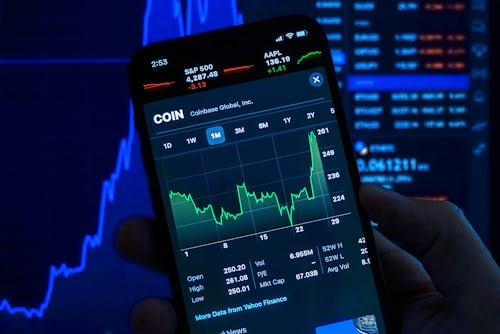- Home
- ABOUT US
- PRODUCTS
- PROJECTS
- GALLERY
- SERVICES
- BLOG
Similar to George Soros, Peter Lynch became known primarily for his incredible success as a fund manager. In the 13 years he managed the famous Fidelity Magellan Fund, he generated a return of 29 percent per year on average. He popularized this form of investing in the 1980s.
Peter Lynch was born in 1944 and comes from Boston. While studying for his MBA, he successfully invested in stocks and financed new investments with his profits. Lynch made a name for himself as a "growth investor" very early on, investing $1,250 in the air freight company Flying Tiger Line. It was a good investment: the Vietnam War meant that all the cargo planes were needed, and the company was doing very well. The rising stock prices brought Lynch high profits.
Lynch remained loyal to his hometown
Untypical for a stock market professional is Peter Lynch's decision not to go to Wall Street. He remained loyal to his hometown and started his career as a fund manager from here. Lynch didn't just use his job as a caddy on a golf course to earn a few extra dollars. He made important contacts and met his future boss, then Fidelity President D. George Sullivan. In the first step, however, he only helped him get a summer job. But after his military service, Lynch started as a securities analyst for metal companies. This was followed by a lightning career. After just one year, his salary was raised from $1,000 to $17,000. In 1974, he became head of Fidelity's own research department, which was followed shortly thereafter by a promotion to the investment committee. Three years later, at the age of only 33, he took over what was then a small fund, the Magellan Fund, for which he later became known and which achieved absolute glory under his leadership.
The Magellan Fund
Peter Lynch managed the fund for 13 years, increasing $10,000 invested during that time to $280,000. Assets under management grew from $22 million to $12 billion during that period. Lynch's performance made the fund the largest equity fund in the world. Critics, however, cautioned against it. They thought the fund was too big to be able to pick out the true pearls of return among its investments. But Lynch's successes proved all fears wrong. The volume of investments he managed was equivalent to the gross national product of Ecuador. In Lynch's time, the Magellan Fund was so famous that every 250th American had invested an average of $13,000. By the end, more than a million investors had entrusted their money to him.
But on May 31, 1990, the stock market star stunned the public: in his mid-40s, he hung up his career as a fund manager. His explanation: He had earned enough money. Now he wanted to use his knowledge to do something for the common good - so he became a volunteer financial advisor for charitable organizations. Peter Lynch made up to $10 million a year at Fidelity. In addition, Lynch also made it his goal to explain stock investing in a way that everyone could understand in Exness. That is why he is now a highly sought-after speaker at conferences and the author of numerous best-selling books.
The strategy of Peter Lynch
Peter Lynch calls his method "Eyes and Ears Investing". Lynch is an advocate of simple investment decisions and focuses on smaller growth companies: so-called small caps.
Peter Lynch is a classic stock picker. That is, he cares less about the movement of the market itself. Instead, in a difficult environment, he invests in individual, attractively valued companies where he expects growth. Of course, this doesn't always work: some of these companies may disappear from the scene or halve in value. But others may even increase tenfold or thirtyfold. He considers the profit potential to be significantly higher than the loss potential. But here, of course, a good nose for market opportunities is the real secret to success.
"Anyone can get rich with stocks if they do their homework." - that's Peter Lynch's motto. Like Warren Buffett, he prefers above all companies whose product range includes simple consumer goods that everyone knows or could use. That's why Peter Lynch also looks for stocks when he's shopping. This is where he has always found his best investments: The Body Shop, Wal-Mart, Toys "R" US, The Home Depot or Taco Bell. In his investments, he relies solely on common sense. In his opinion, anyone can look for new products or business concepts in everyday life and filter out first-class investments.



